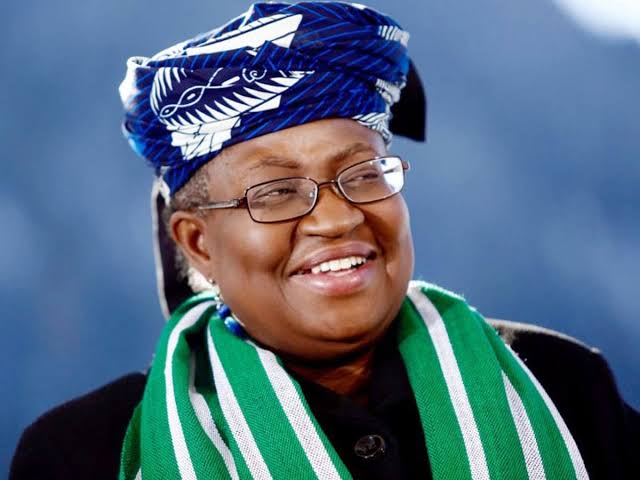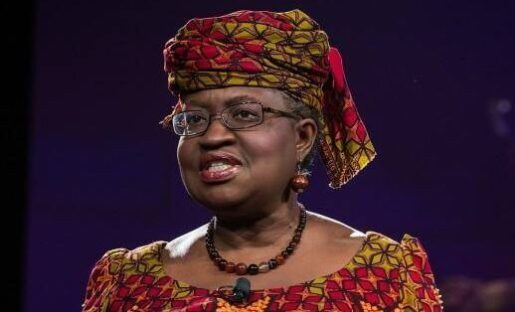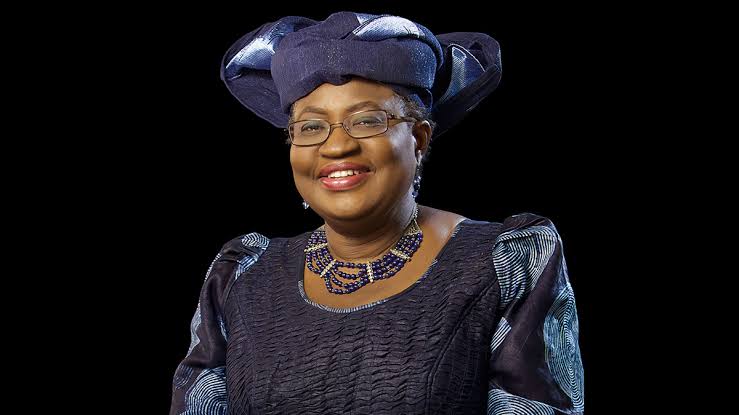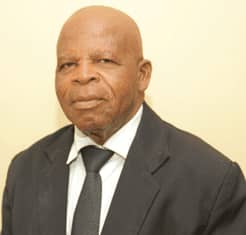#BeLikeNgoziChallenge: How Okonjo-Iweala inspired hope among women

By Ezinwanne Onwuka
The World Trade Organization (WTO) made history on Monday, February 15, 2021 when its 164 members unanimously selected the 66-year-old development economist and Nigeria’s former finance minister, Ngozi Okonjo-Iweala as the organization’s seventh Director-General.
When she takes office on March 1, Dr Okonjo-Iweala will become the first woman and the first African to be chosen as Director-General of the WTO. Her term, renewable, will expire on August 31, 2025.
Given this laudable feat, Ngozi Okonjo-Iweala has not only become a beacon of hope to Nigerian and, by extension, African women, she has also become the latest sensation on the micro-blogging site, Twitter NG.
Following the announcement of Nigeria’s Ngozi Okonjo-Iweala as the next Director-General of the WTO, there has been so much excitement on Twitter NG as some Twitter users are dressing up as the new DG to celebrate her confirmation for the role with the hashtag #BeLikeNgozi.
With the #BeLikeNgozi Challenge, Nigerian women are recreating the distinctive signature style of the new WTO boss: a full outfit and head tie in the African wax cloth, known as Ankara, a single strand necklace, and clear glasses. The challenge has since been trending on the micro-blogging site under different hashtags: #NOIgoestoWTO, #AnkaraArmy, #WTODG and #justlikeNgozi as the women say how inspired they are by an African woman holding such a powerful position.
Truly, Ngozi Okonjo-Iweala’s emergence as the WTO DG reaffirms the importance and need to place a high premium on educating the girl child.
It is a common knowledge that lots of African families tend to send their boys to school and leave the girls at home. This is a prevalent norm because in the African society generally, and Nigerian society particularly, the woman is relegated to the background as it is believed that she should be “seen and not heard”.
This traditional philosophy stems from the belief that a woman’s place is in her husband’s kitchen and her primary role centres on her home. Hence, the woman’s role has come to be merely for sexual and commercial labours – satisfying the sexual needs of men, working in the fields, tending to babies and preparing food. This belief have kept many girls away from education.
This notwithstanding, the role of women to national development cannot be underestimated. The saying, “when you educate a man, you educate one but when you educate a woman, you educate a nation” emphasizes the importance of investing in the “Girl-Child Education” as this is vital to driving human and/or capital development in the country.
Notable personalities such as Funke Akindele, Dr Obiageli Ezekwesili, Linda Ikeji, Joke Silva, Toke Makinwa, Prof. Dora Akunyili (of blessed memory), Chimamanda Ngozi Adichie, Agbani Darego, Genevieve Nnaji and the trending Dr Ngozi Okonjo-Iweala among others are all products of great investments in the “Girl-Child Education.”
From the foregoing, it is evident that the girl child needs to be educated to acquire knowledge and skills needed to advance her status for social interactions and self-improvement. When she is educated, she realises the full potentials endowed in her; she discovers to be whoever and whatever she wants to be. With education, she would break the shell of ignorance and open that of self-discovery.


